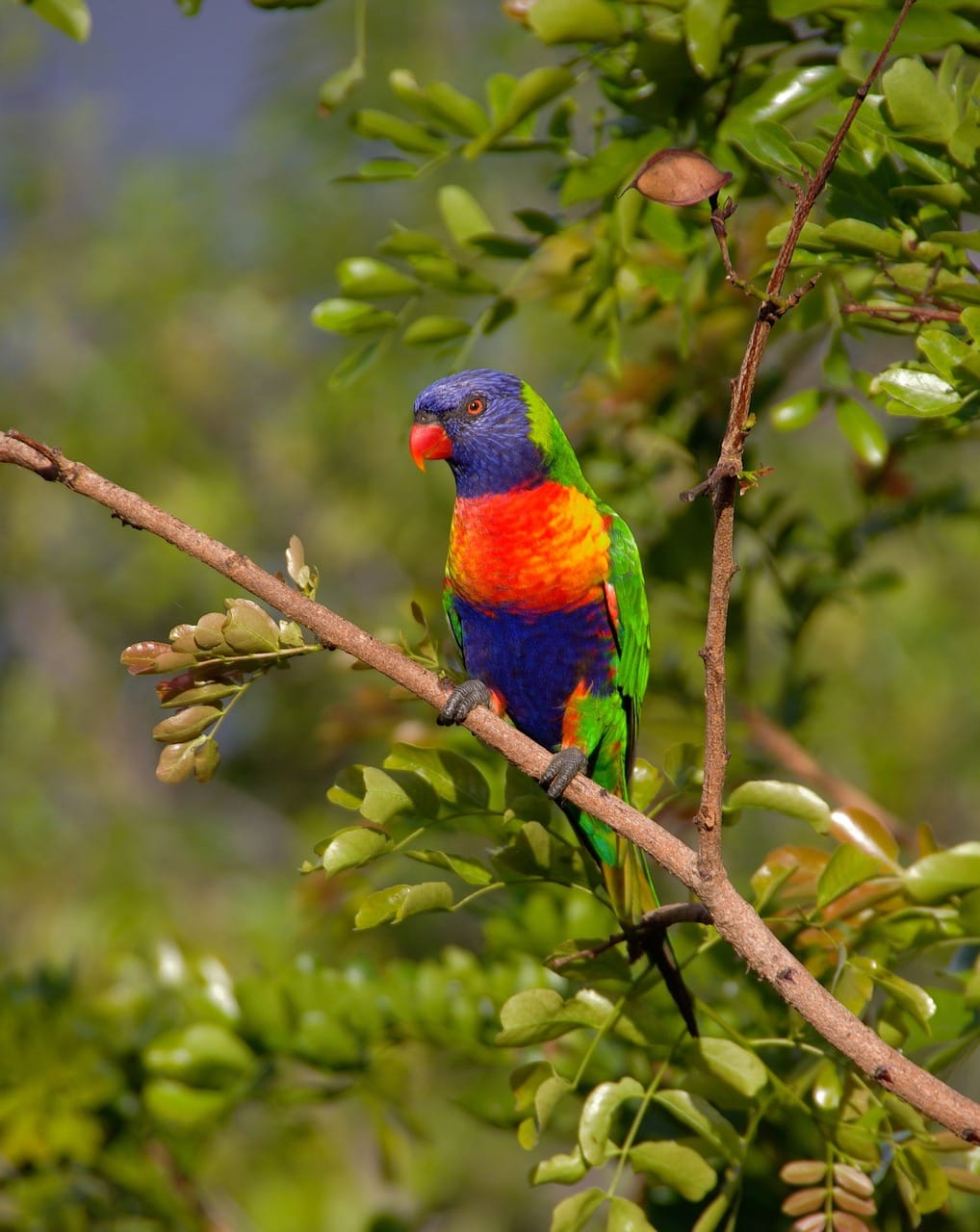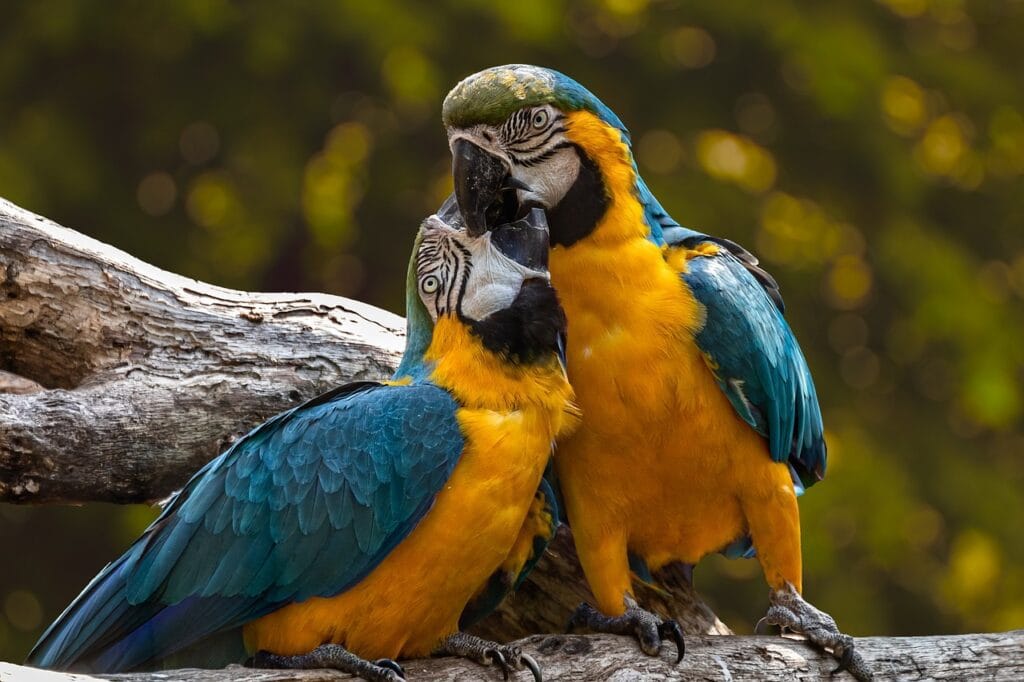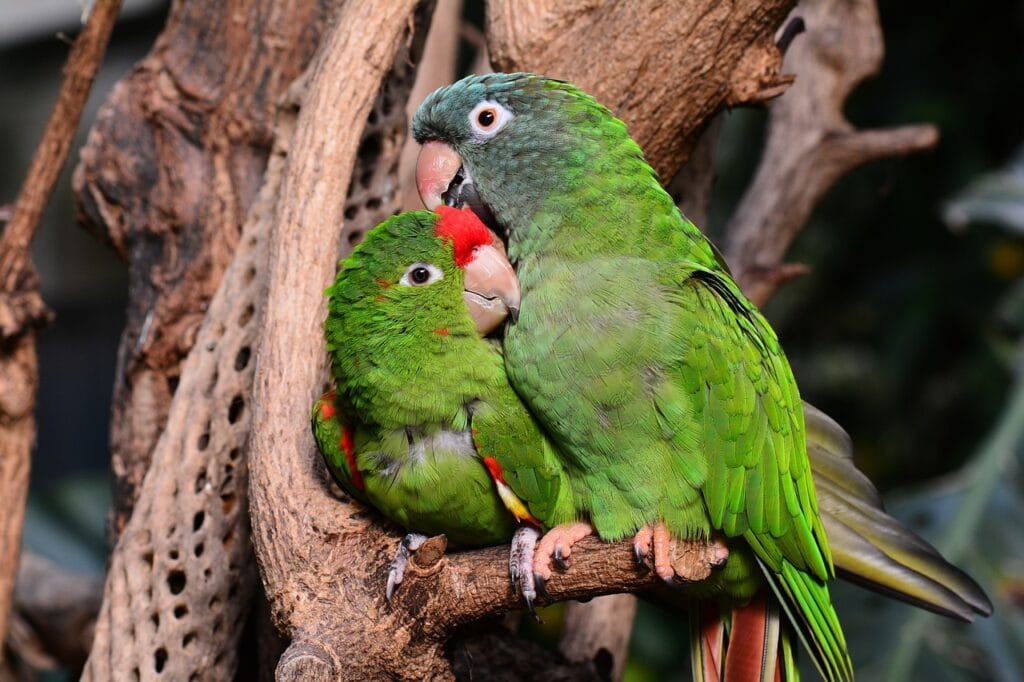
Is your parrot ill, but not sure of the exact disease she is suffering from? Know the symptoms of the seven diseases that vets for parrots in Kampala commonly encounter.
The number of parrot parents has significantly increased in the past few years.
Why do people get or buy parrots?
Security: parrots detect strangers, record what the stranger says, and later reveal it to the owner.
For companion
Beauty: parrots have multiple nice colors.
Adoption: some parrots are found injured or helpless and given a home by good samaritans.
Some cultures consider parrots as a sign of good fortune.
The common diseases for parrots include:
Aspergillosis;
It’s a fungal infection contracted by parrots fed on moldy feeds or grains. (mostly corn or maize). Store the feed for your parrots in a dry place.
Symptoms of aspergillosis in parrots
Gasping
Sudden death
Staggering
Weakness
Coughing
Sneezing etc
How can I treat aspergillosis in my parrot?
Withdraw moldy feeds immediately.
Provide liver tonics.
Multivitamins
Give antifungal medications.
Never give your parrot moldy feed.
Worm infestation:
Parrots are affected by roundworms and tapeworms. They get the worms after eating feed contaminated with eggs or larvae of worms.
How do I know if my parrot has worms?
Diarrhea
Defecating worms or proglottids
Loss of weight
Vomiting
Lack of appetite
How can I treat my parrot of worms?
Regularly deworm your parrot using a dewormer that kills both roundworms and tapeworms, e.g., albendazole.
Avitaminosis (mainly lack of vitamin A)
It is the lack of enough vitamins in the body.
Avitaminosis is common among parrots fed on a fruitless diet or no vegetables.
How do I know if my parrot has vitamin deficiency?
Sudden death
Unthrifitness
Poor feather quality
Feather picking
White plague in the mouth.
Weak bones.
How can I treat vitamin deficiency in my parrot?
Provide adequate fruits and vegetables.
Administer multivitamins via drinking water.

Trauma or physical injuries
Parrots are from the wild.
The capture methods used cause injuries to parrots as they struggle to escape from the trap.
They can bleed to death or get wounds that become infected and die of septicemia.
Psittacosis
It’s a bacterial disease that affects parrots of all ages caused by Chlamydia psittaci.
It spreads from parrots to humans, so take extra care.
Signs of psittacosis in Parrots
Diarrhea
Loss of weight
Lack of appetite
Ruffled feathers
Eye and nose discharge
Vomiting
Weakness
Coughing
Gasping
How can I treat my parrot suffering from psittacosis?
Administer antibiotics
Give multivitamins
Gout
It’s the accumulation of urates in joints and other body parts.
How do parrots get gout?
Eating salted feed
Lack of enough drinking water
Lack of enough vitamins
Kidney failure
How do I know if my parrot has gout?
Swollen, painful joints
Weakness
Painful muscles
Ruffled feathers
Lameness etc
How can I treat gout in my parrot?
Withdraw salted food
Provide drinking water 24/7.
Provide enough vitamins.

Newcastle disease
It’s caused by paramyxovirus.
What are the symptoms of Newcastle in parrots?
Neck twisting
Sudden death
Gasping
Weakness
Lack of appetite
Paralysis
Diarrhea
Eye and nose discharge
Treatment of Newcastle in parrots
The treatment is supportive and symptomatic. Commonly used drugs are
Board spectrum antibiotics
Multivitamins
In conclusion
Parrots in captivity are not resistant to diseases.
Immediately seek veterinary care for your parrot if you notice any abnormalities.
Contact us call / WhatsApp +256771909946 for free consultations on the current state of your pet
Don’t forget to read the related posts below and share them with other responsible pet owners.
Read about the causes and treatment of neck twisting in parrots

